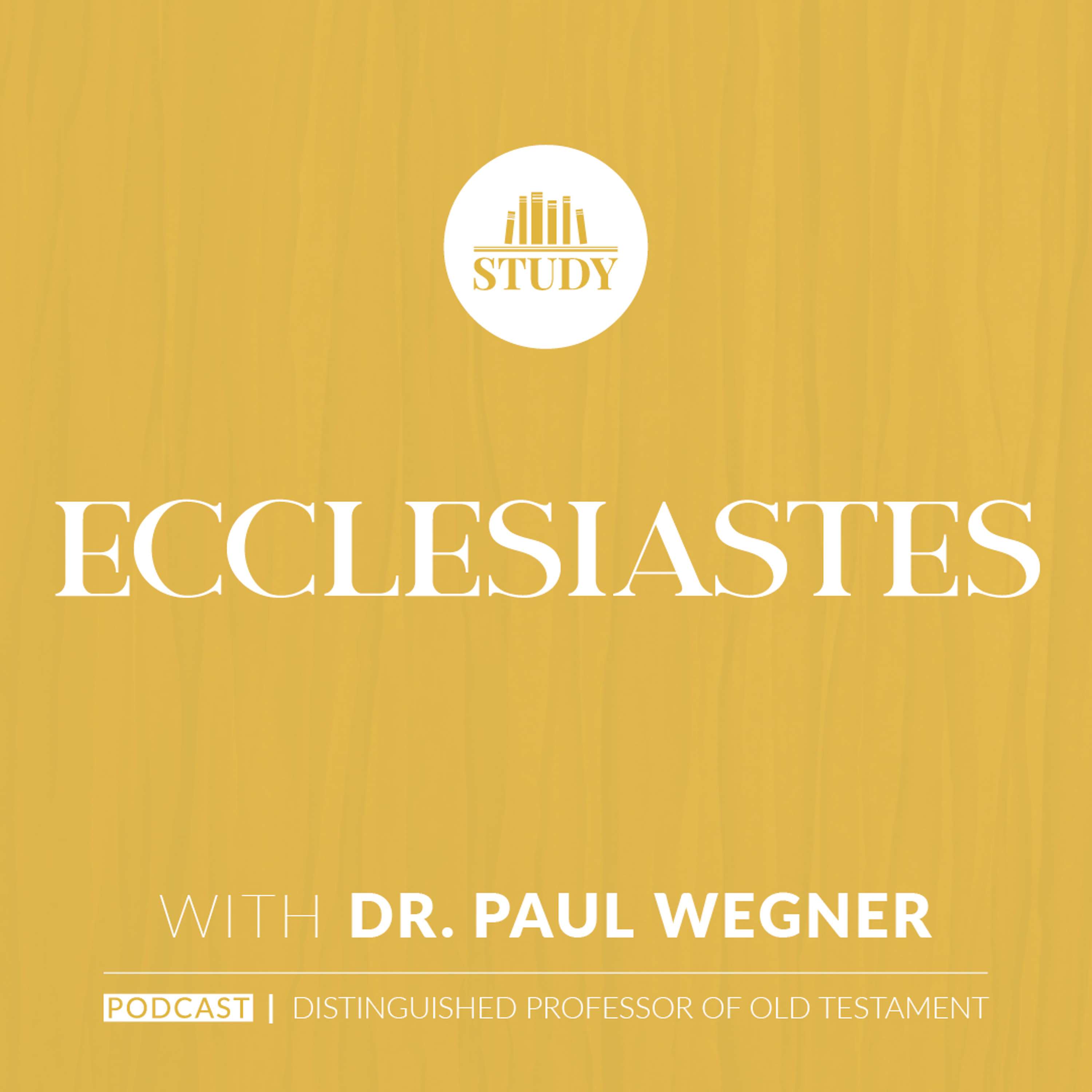We have all been there. Another Bible study to teach, and the same basic lesson outline. It usually goes something like this: Opening illustration, read the passage, a few basic discussion questions, application, prayer. There is absolutely nothing wrong with this lesson outline, but using it week in and week out can become a bit monotonous for you and your class. Why not try to generate some fresh interest in your small group by incorporating creative teaching methods designed especially for adult learners?
What do we mean by “adult learner”? Educational research shows that adults have certain characteristics that inform how they prefer to learn, which then informs the sorts of lessons and activities we should create. For example, adults tend to enjoy bringing their own experiences into the lesson, directing some of the learning themselves, and applying their learning immediately to pertinent realms of life such as family and work.
Here are three of my favorite activities:
- Buzz Groups: Break your class up into groups of 3-4 people. Give each group a different topic to explore or question to answer. Let them search Scripture, Google, or whatever might help them come up with an answer. After a predetermined period of time, ask each group to report on what was discovered in the group. Then, allow each group to discuss how other groups’ responses related to their own. Summarize the findings as a conclusion to the activity.
- Prophecy in Pictures: Imagery in Scripture can be so detailed and abstract that we need to see it, or at least a visual representation of it. Bring some colored pencils and paper to class and ask your class to draw the imagery as you read it. Ask them to share their drawing and why they chose the color, setting, and details that they did. Make this activity lighthearted so no one feels intimidated about drawing, and use it as a way to bring out a deeper understanding of the text.
- Interviews: Ask your class to interview someone (maybe another church member, family member, or person on the street) regarding a topic you will study the following week. Without revealing their name and identity, ask the class to share some information they gleaned from the interviews. Find themes and ideas that resonate between the various people interviewed and make some tentative conclusions. Use this information to begin or illustrate your lesson.
There are many more activities that you can choose from, but only you know the interests and activities that will engage your class in the learning experience. Choose something that helps bring your main point home, gives deeper meaning to the passage or topic of study, and allows your adult learners plenty of opportunity to participate. Who knows, changing it up a bit might even be fun for you, too!
Read More

“Faith is a tree known by its fruits”: The Gisle Johnson Project
The Gisle Johnson Project is a new research endeavor spearheaded by Robb Torseth

Excerpt — Towards a Clearer Understanding of Jonathan Edwards’s Biblical Typology: A Case Study in the ‘Blank Bible’
Dr. Cameron Schweitzer provides new insights into Jonathan Edwards’s often mischaracterized typology.
Listen
Wisdom Books | Ecclesiastes
A common misconception about the book of Ecclesiastes is that it is very pessimistic. In actual fact, there is great comfort throughout the book that while life without God is meaningless, there is great satisfaction found when we cling to the Lord, and only to Him.

Ministering in Finland
Mikko Sivonen, Academic Dean of the Agricola Theological Seminary in Finland, joins Dr. Hopkins to discuss working as a missionary in a place where people are predominantly a different denomination than you. You can learn more about Mikko’s work here www.agricolasemin

Watch

Jonathan Edwards and the Asbury Revival
Chris Chun and Chris Woznicki discuss the signs of true revival, signs of the work of the Holy Spirit, and why it is important to critically assess the characteristics of revival in a spirit of charity.

Jonathan Edwards and the Baptists | Douglas Sweeney, Nathan Finn and Chris Chun
Dr. Douglas Sweeney and Dr. Nathan Finn joined Dr. Chris Chun for a panel discussion on Jonathan Edwards, recorded live at the SBC Annual Meeting in Anaheim.




